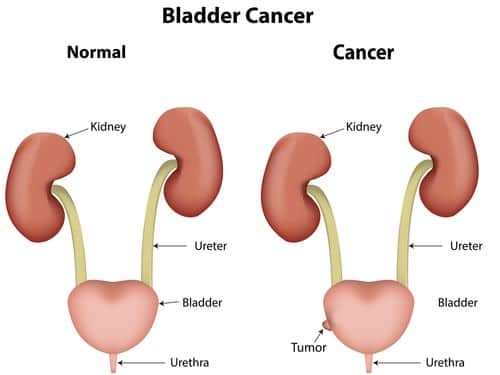Even though a person has completely recovered from COVID-19, taking aftercare is crucial. Those who have recovered from acute illness have experienced after-effects like irregular appetite, fatigue, breathing issues, weight loss, body pains, etc. In contrast, few patients had severe complications, like pulmonary inflammation, cardiac issues, kidney-related problems, and black fungal fever, i.e., mucormycosis.
Therefore taking aftercare is as important as getting treatment for COVID. There are a few things you can do to make sure you don’t suffer such after-effects:
1. Getting tests done
Here are a few tests you can get done to know your health status:
Lung test
As you know, coronavirus mainly affects the lungs, so getting an X-ray of the lungs can clarify if there is any inflammation in your lungs and if you need any specific treatment.
Cardiac test
Yes, COVID has a serious effect on your heart, as most people have developed cardiovascular issues after battling coronavirus. So getting an ECG can help you.
Gene testing
If you’re not sure what test you need, a gene test can help you with this. By knowing your DNA, genomic markers, you can understand most of the health parameters. There are diagnostic centres in India where they give an overall view of your health by gene testing; one such place is Nugenomics. The major advantage of Nugenomics is that, along with the test results, they also have certified nutritionists to give you a specific diet plan made according to your health concerns. We know how food can directly impact our immune system, so considering such platforms can improve your overall health.
2. Diet
Diet plays a significant role in recovering from coronavirus. Not only is it important to fight the virus, but it’s also crucial in recovering from its after-effects.
You can consult a nutritionist; if it’s not possible, then try to incorporate the following food items into your diet:
Protein
We all need 1g of protein per 1 kg of body weight. Few options are chicken meat, eggs and fish. Meatless options are tofu, paneer, curd, lentils, etc.
Greens
Green leafy vegetables have high antioxidants, which can fight free radicals and help heal, so add a bunch of spinach in curies and have its nutritional value. Other options include moringa, capsicum, peas, etc.
Vitamin C
As we know, vitamin C can help with the immune system, so never neglect it. Not only from supplements can you add vitamin C rich food like amla, oranges, lemon, tomatoes to your diet to get that boost.
Also, consume enough nuts and vegetables every day.
Things to avoid are fried food, processed food, and packaged food, as they can increase the risk of inflammation and infection in your body.
3. Exercise
Helping your body with a good blood flow is simple with exercises; they also help you with overall bone health, heart health as you’re burning those calories and fat. Exercise doesn’t have to be vigorous; try yoga, brisk walking and breathing exercises initially to see what suits you the best. Breathing exercises have shown good results in COVID patients by increasing their overall oxygen levels and lung health.
By following these tips, you can look after your health in post-COVID conditions as well.






